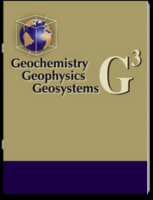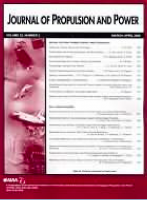Compare these pricey items to the cost of some of the 740 journals we subscribe to at the Engineering Library. (All prices current as of December, 2013).
Remember: In an academic journal, neither the authors, reviewers, nor editors receive any money. 100% of all subscription fees go to the publisher.
$330
For $330 you could purchase either a WiiU game system (with New Super Mario and New Super Luigi U) . . . or one year’s institutional subscription to Geochemistry, Geophysics, Geosystems.


$1,200
For $1,200 you could purchase a round-trip ticket from Ithaca to London, UK (in May) . . . or buy one year’s institutional subscription to The Journal of Propulsion and Power.


$8,500
For $8,500 you could purchase either a Tiffany Swing Three-Row diamond ring . . . or one year’s institutional subscription to Water Science and Technology.


$12,000
For $12,000 you could buy a Chevy Spark (LT package, manual) . . . or one year’s institutional subscription to Materials Science and Engineering A: Structural Materials.


Why are academic journals so expensive?
- For-Profit Publishers: Journals are often run by for-profit businesses, with a goal of maximizing revenue. Journals run by academic societies may be more reasonably priced.
- Monopoly Pricing: Many academic journals are offered only by a single publisher, so no competition exists.
- Institutional Licensing: In order to make journal content accessible online to the entire Cornell community, publishers require that we purchase institutional licenses, which are much higher than individual subscription prices.
- Research Value/Specialization: Researchers need these journals in order to remain abreast of the research in their fields–and for their own professional advancement (“Publish or perish”). Publishers control the copyright for each individual article.
Is there anything that can be done?
We negotiate with vendors to keep costs down. We obtain many journals via ‘Big Deals’ that give us many subscriptions bundled at a lower price than they would individually cost. We also buy with other universities to get group discounts. If we feel offers are unreasonable, we have cancelled subscriptions, even with major publishers.
There is also a new model of publishing called Open Access. Open Access journals charge authors a fee to publish. The journals are then available online for free. While this increases costs to authors, it makes their research accessible to all.
Governments both in North America and Europe are increasingly requiring that authors who receive research funding also make their publications available for free to the public, at least after a brief period (i.e. 12 months after publication).